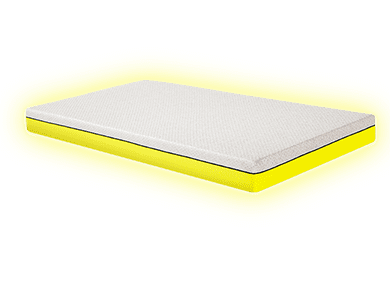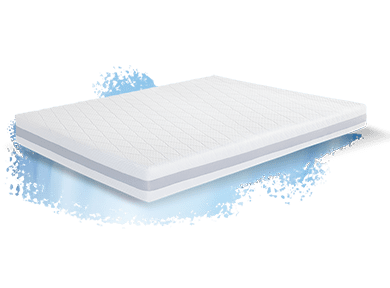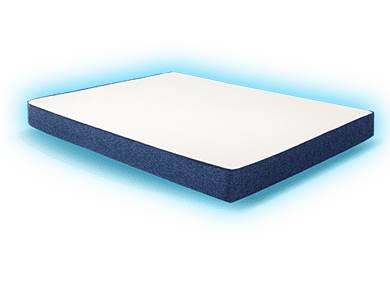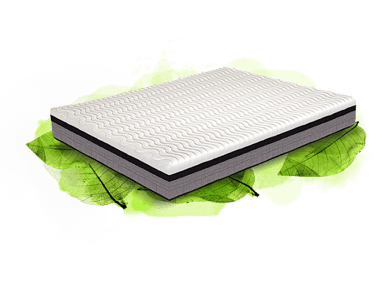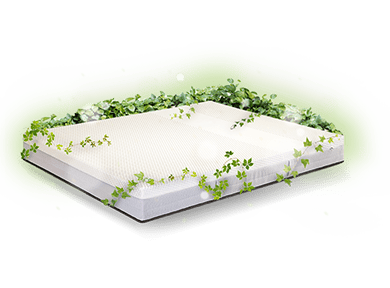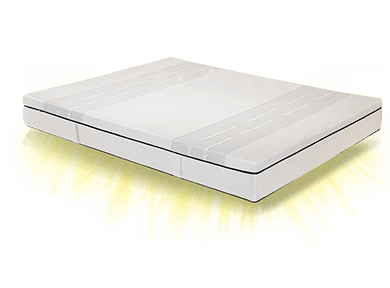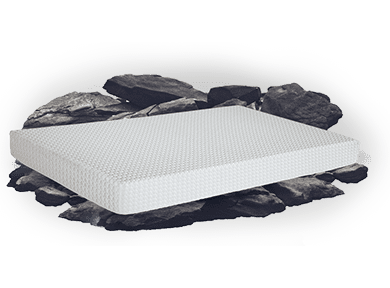Why organic?
Protect the soil
The Soil Conservation Service estimates that more than three billion tons of topsoil are eroded from the croplands each year. That means soil is eroding seven times faster than it is built up naturally. But in conventional forming the plants are vertically position on the soil for the purpose of chemical fertilisation. As a result, farms are suffering from the worst soil erosion in history.
Do not pollute the water
Water makes up two-third of our body mass and covers three-fourth of the planet. Despite its importance, the Environmental Protection Agency (EPA), estimates some cancer causing pesticides contaminate the ground water. This means the pollution of primary source of drinking water for more than half the world’s population.
Reduce health risk
The EPA makes extensive research before approving the use of any pesticides, because some of these may have content of cancer or other diseases causing materials. Now the EPA considers that 60 percent of all herbicides, 90 percent of all fungicides and 30 percent of all insecticides are carcinogenic. A 1987 National Academy of Sciences report estimated that pesticides might cause an extra 1.4 million cancer cases. The bottom line is that pesticides are poisons designed to kill living organisms, and can also be harmful to humans. In addition to cancer, pesticides are implicated in birth defects, nerve damage and genetic mutation.
Why Organic Cotton mattress ticking?
As Boyteks, we have aimed to provide you with eco-friendly and completely natural mattress ticking which is free of chemicals that can be dangerous for human health and the nature. This was the idea when developing Boyteks Organic Cotton fabric. We are in constant contact with chemical substances in daily life. For this reason it is very important that our mattresses, where we spend a third of our lives, are natural environments. Our guard is at its lowest during sleep. Sleeping on a natural fiber bedding will help ensure that at least a third of our lives are spent without being in contact with hazardous substances.




























